Orchestre de la Suisse Romande
Season 2025-2026
- Since its founding by Ernest Ansermet in 1918, the Orchestre de la Suisse Romande has seen over 700 musicians contribute to its history. Currently led by Music and Artistic Director Jonathan Nott, the OSR is composed of 112 permanent musicians from 22 different nationalities. It performs more than 80 concerts each year, including 20 abroad. In addition to subscription concerts in Geneva and Lausanne, it offers symphonic programs for the City of Geneva, the annual United Nations Day concert, and accompanies opera performances at the Grand Théâtre de Genève.
- One of the OSR’s key missions is to promote symphonic music to young people, who will form the audience of tomorrow, offering them a wide range of activities, including family concerts, workshops to discover instruments, and custom concerts for schools.
Programme
- Jonathan Nott
- Wednesday 17.12.2025 & Thursday 18.12.2025, 19:30 – Victoria Hall (Geneva)
- Renaud Capuçon
- Francesco Piemontesi, Orchestre de Chambre de Lausanne
- Thursday 8.01.2026, 19:30 – Victoria Hall (Geneva)
The Haffner family was very influential in Salzburg. It was thanks to these wealthy merchants that the young Mozart had been able to travel around Europe with his father. This beautiful and highly developed Serenade No. 7 in D major was commissioned for the wedding of the son of this great patron in 1776. Conceived in 8 movements, it gives pride of place to the solo violin, giving it the opportunity to display all its virtuosity.
Created on the same evening as the Fifth and Sixth Symphonies (lucky Viennese!), Beethoven’s Concerto No. 4 in G major never ceases to amaze us with its originality, its freedom of tone and the boldness of its themes alternating gentleness and violence in a typically Beethovenian duality.
Check the availability on the seat map and contact the Cultural Kiosk
- Simone Young
- Alexandre Kantorow
- Thursday 8.01.2026, 20:15 – Théâtre de Beaulieu (Lausanne)
The confusion between the Strausses of Vienna and those of Munich is unfounded and their rapprochement will only last for the duration of our New Year’s concert. A famous encore of the traditional Viennese concert, An der schönen blauen Donau (The Blue Danube) by Johann Strauss Jr. will open ours, preceding a second part reserved for the two Waltz Suites that Richard Strauss took from his opera Der Rosenkavalier. Composed after the completion of Salome’s Dance of the Seven Veils is a sort of potpourri of the opera’s main themes in an oriental atmosphere, ending in a frenetic and sensual manner.
The Concerto No. 3 in C major has travelled all the continents since its author, Serge Prokofiev, came to play it with our orchestra in 1923 under the direction of Ernest Ansermet. It has even become one’s new hobbyhorse of the piano repertoire.
Check the availability on the seat map and contact the Cultural Kiosk
- Philippe Béran
- Orchestre du Collège de Genève, OSR
- Projection of paintings (HEAD)
- Saturday 17.01.2025, 11:00 – Victoria Hall (Geneva)
“Hey, Maestro, how about taking us to see a little exhibition?”
“With pleasure! But with me, there’s no routine—only O-RI-GI-NA-LI-TY! By combining experience and youth to form an orchestra, we’ll treat ourselves to fresh music inspired by a legendary painting, then be dazzled by brand-new illustrations created especially for the occasion, based on a more-than-century-old symphonic masterpiece.”
Check the availability on the seat map and contact the Cultural Kiosk
- Michael Sanderling
- Hélène Grimaud, Luzerner Sinfonieorchester
- Wednesday 21.01.2026, 19:30 – Victoria Hall (Geneva)
With its procession of love, the supernatural and the pact with the devil, the old myth of Faust, revived in Germany by Goethe and Lenau, had what it took to seduce the Romantics. Liszt seized on it several times, notably in this Mephisto-Valse in which the devil takes his violin to carry Faust away in a frenzied dance.
A curious mixture of Basque elements mixed with jazz, serene classicism and disheveled music, Ravel’s Concerto in G major won the support of pianists and the fervour of the public from its creation without ever experiencing an eclipse. Tchaikovsky speaks in the first person in his Symphony No. 4 in F minor which expresses his doubts, his unhappiness and his revolt better than literature could since music expresses itself beyond words. It is a tormented work evoking the irrevocable part of destiny that awaits every human being, this fatum so omnipresent in the Russian soul.
Check the availability on the seat map and contact the Cultural Kiosk
- Daniele Gatti
- Sol Gabetta
- Wednesday 04.02.2026, 19:30 – Victoria Hall (Geneva)
A wind of optimism blows over this evening’s programme. A great traveller and a cultured man, Mendelssohn had stopped for a long time in Italy, dazzled by the light and the landscapes as well as by the works of art that he saw everywhere. His Symphony No. 4, ‘Italian’, describes his wonder with all the force and vivacity of his youth.
Brief and conceived in a single movement, Saint-Saëns’ Cello Concerto No. 1 unleashes itself in an irresistible whirlwind, attacking the instrument’s range in a constant dialogue with the orchestra. Romantic and lyrical, it ends in a brilliant A major synonymous with faith in life.
After the evocation of the hero, in the Napoleonic sense of the term, and before that of his own destiny, Beethoven grants himself a more serene break with his Symphony No. 4 in B flat major with a cheerful, if not frankly “unbuttoned” (Beethoven’s word) climate which in no way excludes rhythmic and formal innovations.
Check the availability on the seat map and contact the Cultural Kiosk
- Eun Sun Kim
- Frank Peter Zimmermann
- Wednesday 11.02.2026, 19:30 – Victoria Hall (Geneva)
- Thursday 12.02.2026, 20:15 – Théâtre de Beaulieu (Lausanne)
The Hebrides Overture (or Fingal’s Cave) is a kind of miracle of melodic invention and subtle evocation of nature that vibrates everywhere. As is often the case, Mendelssohn seems touched by grace in this sensitive evocation that stirs the soul. We find this almost Shakespearean climate at the beginning of the Concerto for violin and orchestra that the Genevan composer Frank Martin wrote just after his Cinq Chants d’Ariel (Five Songs of Ariel) based on The Tempest by the English playwright. The entire atmosphere of the work seems to be imbued with this magical climate “as if I had remained somewhat bewitched by the charms of Prospero’s island,” wrote Frank Martin.
Beethoven also idolized Shakespeare, whose complete works he possessed and whom he often quoted in his conversations. The power of the word of one has often been compared to the musical strength of the other, and Symphony No. 5 in C minor is one of the most striking illustrations. Pom, pom pom, pom….
Check the availability on the seat map and contact the Cultural Kiosk
- Zofia Kiniorska
- Annie Losey, Marion Fontana
- Family/Youth concert
- Wednesday 17.02.2026, 19:00 – Victoria Hall (Geneva)
‘Mozart, are you asleep?’
‘Oh no… never! There’s far too much beautiful music yet to be invented! Just time for a little break, to offer you a sample of my art, which is as brilliant as ever. Symphonies, concertos, operas – I bet my melodies will be your favourites for a long time to come!’
Check the availability on the seat map and contact the Cultural Kiosk
- Jonathan Nott
- Khatia Buniatishvili
- Wednesday & Thursday 04-05.03.2026, 19:30 – Victoria Hall (Geneva)
It was incomprehension and failure that greeted Debussy’s Images for orchestra when they were first performed on 20 February 1910 (Iberia), 2 March of the same year (Rondes de printemps under the direction of the composer) and 26 January 1913 (Gigues). Only Maurice Ravel was “embraced to tears” while the young Ernest Ansermet had attentively followed Debussy’s rehearsals at the podium and spent an entire afternoon with the composer. Rarely given in full concert, the Images are colourful paintings of the soul at the same time as they describe a fantasized Spain, ending with an orchestral study of great refinement. Without having become popular, they are at the pinnacle of French music of the early 20th century.
Gone are the days when the Geneva press treated Concerto No. 2 in B flat major as a “great cadaver”. Brahms has long been adored by the public, who constantly ask for more.
Check the availability on the seat map and contact the Cultural Kiosk
- Jonathan Nott
- Khatia Buniatishvili
- Thursday 12.03.2026, 20h15 – Théâtre de Beaulieu (Lausanne)
Jacques Ibert and Arthur Honegger were very close, to the point of writing a four-hand opera together: L’Aiglon, based on the drama by Edmond Rostand. Their friendship did not, however, obscure their difference in style. Both coming from the French school, they followed very different paths. The symphonic triptych Escales describes a voyage in the Mediterranean that had a strong influence on Ibert. He brought back these three picturesque and refined pieces. Deeply affected by the Second World War, Honegger felt the need to compose music “against the tide of barbarity, stupidity and suffering”. His ‘Liturgique’ Symphony is a cry of distress as well as a powerful and moving appeal for peace between peoples. Gone are the days when the Geneva press called Concerto No. 2 in B flat major a “great cadaver”. Brahms has long been adored by the public, who constantly ask for it.
Check the availability on the seat map and contact the Cultural Kiosk
- Neeme Järvi
- Julie Fuchs, Matthias Goerne, Zürcher Sing-Akademie
- Wednesday & Thursday 01-02.04.2026, 19:30 – Victoria Hall (Geneva)
The return of our former musical director takes on a special significance with the hearing of Johannes Brahms’ German Requiem. This powerful work is rarely on the programme of our concerts and will be with the participation of two of today’s greatest voices. Brahms composed his longest choral work following two emotional shocks, the death of his mother and that of his friend Robert Schumann. Long matured, this Requiem does not follow the Catholic liturgy, it finds its origin in texts carefully chosen by Brahms in the German translation of the Bible.
No room for the dark threats of the Last Judgement in this peaceful score which on the contrary brings words of consolation to reassure the living. The message is addressed to all believers whatever their confession. A work of transition, it represents a decisive step between the composer’s youth and the style of his full maturity.
Check the availability on the seat map and contact the Cultural Kiosk
- Mirga Gražinyte-Tyla
- Georgijs Osokins
- Wednesday 20.05.2026, 19:30 – Victoria Hall (Geneva)
- Thursday 21.05.2026, 20:15 – Théâtre de Beaulieu (Lausanne)
This program, typical of the OSR’s DNA, begins with Les Quatre Éléments (The Four Elements) composed by Frank Martin in 1963 on the occasion of the 80th birthday of its founder Ernest Ansermet. The evocation of natural phenomena gave the Genevan composer the opportunity to express both his love of nature and his admiration for the indomitable energy of the conductor who had been the creator of a large part of his works at the podium of our orchestra.
Composed in 1830, Chopin’s Piano Concerto No. 2 is a musical gem that features enchanting melodies and remarkable piano technique. It is considered one of Chopin’s masterpieces.
Claude Debussy’s La Mer was the first disc recorded by the OSR for the Decca company. It was to be followed by three other versions as sound recording techniques progressed, each time winning great critical success.
The brilliant and wild second suite of Ravel’s Daphnis et Chloé has long been one’s hobbyhorse of our concerts with its fantastic final bacchanal which always produces a great effect thanks to its incantatory power and its dazzling orchestration.
Check the availability on the seat map and contact the Cultural Kiosk
- Philippe Béran
- Family Concert film
- Saturday 30.05.2026, 11:00 – Victoria Hall (Geneva)
‘Are you giving me flowers, Charlie?’
‘Blue ones or pink ones? Mmmmm… they smell so good! Can you imagine if they didn’t have any colour? or worse, if we couldn’t see them? The world would be so sad… I love our walks in the spring, in the streets, in the parks, under big trees, marveling at the city lights…’
Check the availability on the seat map and contact the Cultural Kiosk
- Daniel Harding
- Antoine Tamestit
- Swiss premiere
- Wednesday & Thursday 03-04.06.2026, 19:30 – Victoria Hall (Geneva)
Created in 2015 in Paris by our guest Antoine Tamestit, the Viola Concerto by the German composer Jörg Widmann is very demanding since it asks the soloist to be an actor, dancer, conductor, and incidentally, to play the viola! Placed in the middle of the orchestra at the beginning of the piece, he fights against the community represented by the musicians. It’s up to you to discover how his perilous adventure will end…
Reducing fourteen hours of music into just over an hour is another challenge taken up by conductor Lorin Maazel with his arrangement without vocals of Richard Wagner’s Ring. The challenge was to string together the musical excerpts by giving them a sound coherence without juxtaposing a series of pieces. Listening to the Tetralogy like a great symphonic poem, forgetting the singing and the stage without drowning in the Rhine, is the crazy bet taken up this evening by Daniel Harding.
Check the availability on the seat map and contact the Cultural Kiosk
Special offer:
15% off on all seat categories (except category 7 at the Victoria Hall)
Please specify in the form below at the section *order details* which event, date and ticket price (adult/child/young/student) : TO BENEFIT FROM CHILD/YOUNG/STUDENT, PLEASE SEND US PROOF (ID, STUDENT CARD).
Share the information depicted on the seatmap of the OSR website, in the order form below.

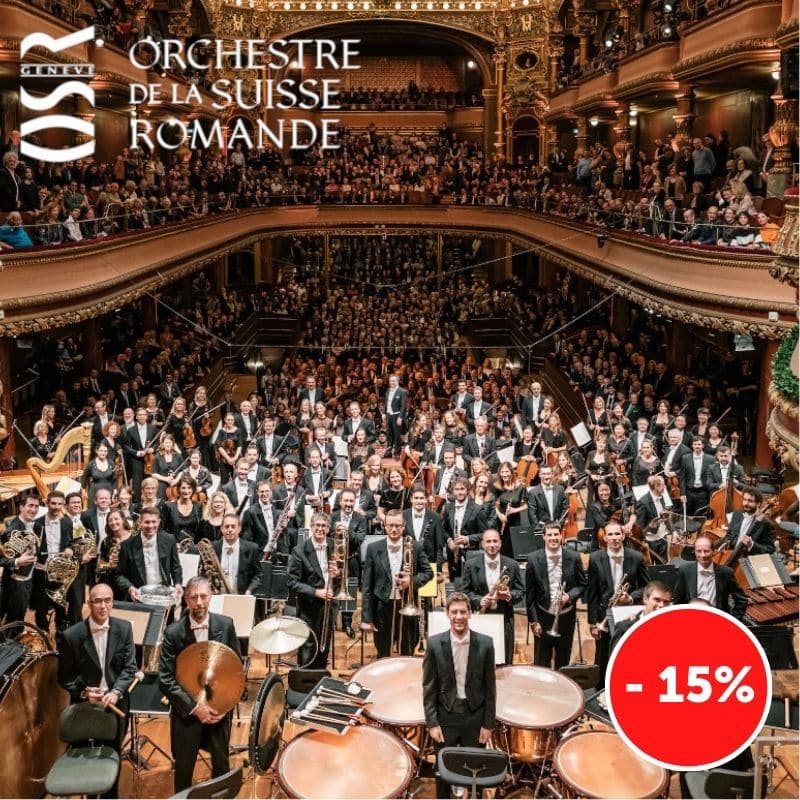
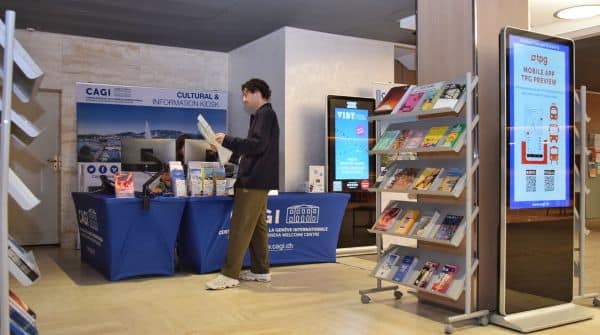
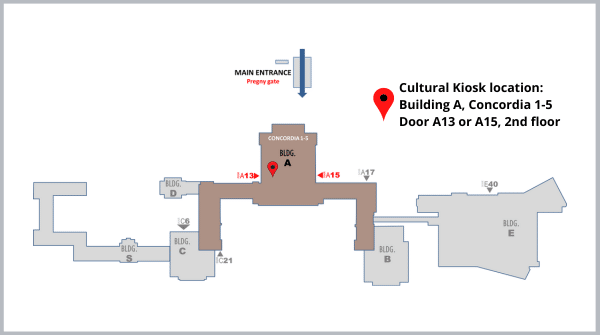
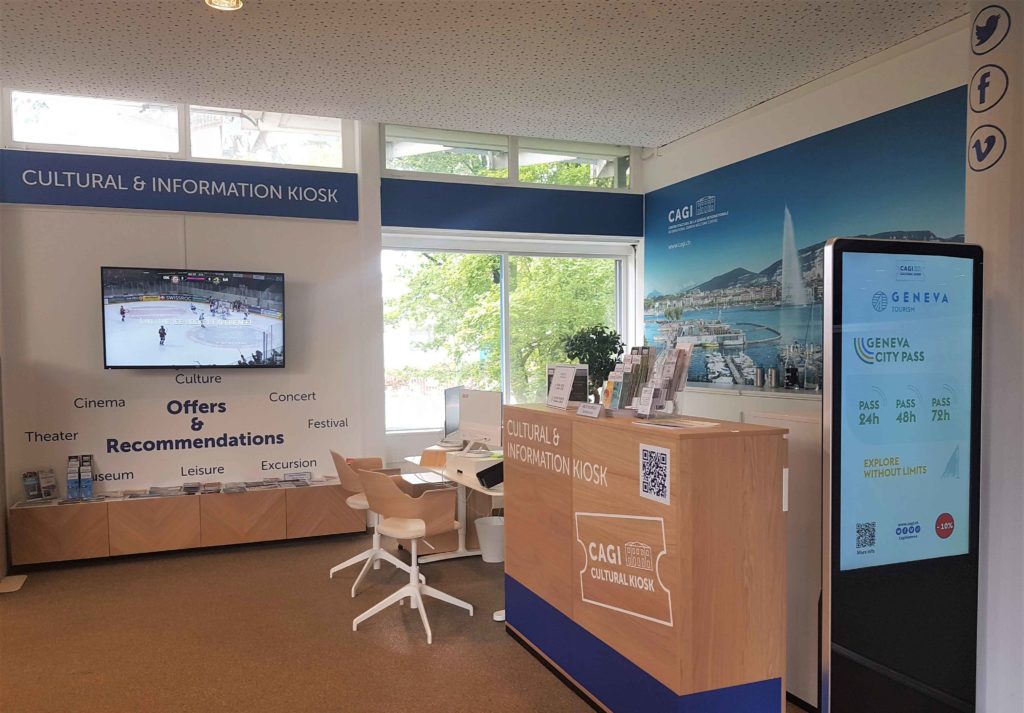
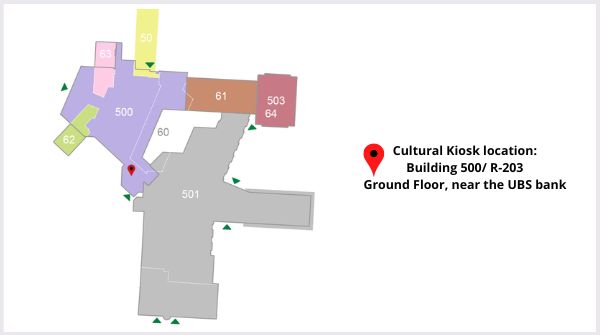
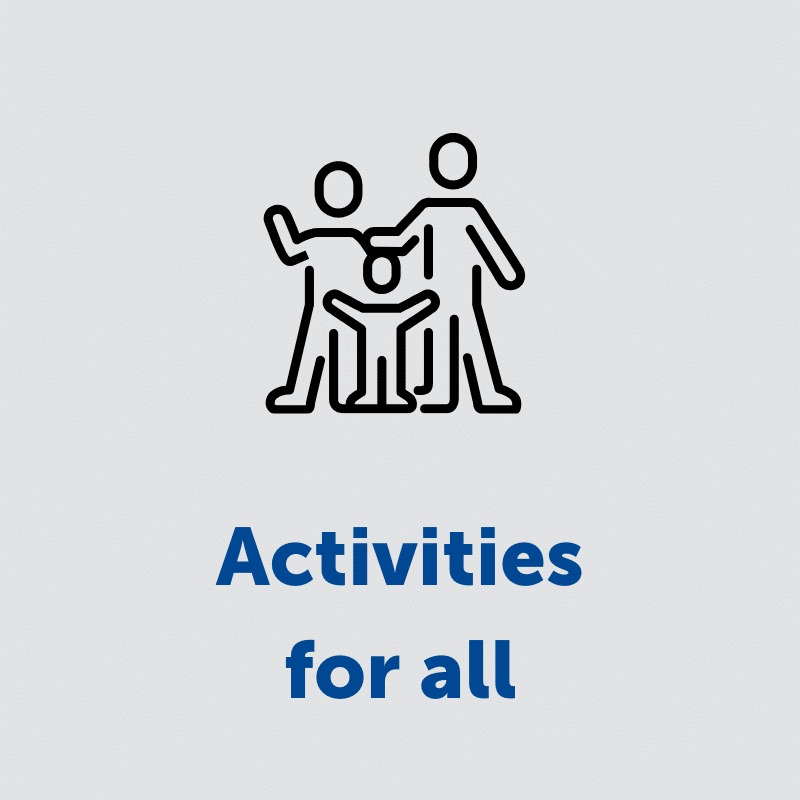
Composed by György Kurtag in memory of his singer friend Stephan Stein, Grabstein is a short and moving elegy written in 1989 based on earlier sketches. It is a kind of chorale centered on a few guitar notes scattered in instrumental groups distributed in the four corners of the room.
The deserved popularity of the Violin Concerto No. 1 has overshadowed almost all of Max Bruch’s other works. Its gypsy accents, the beauty of its themes and its brilliant orchestration always win approval.
If the complicated genesis of Mozart’s Requiem is well known, it remains difficult to separate Mozart’s intentions from those of his pupil Süssmayr who hardly produced any significant works. Our only certainty is that we are in the presence of a timeless masterpiece of exceptional spiritual scope.